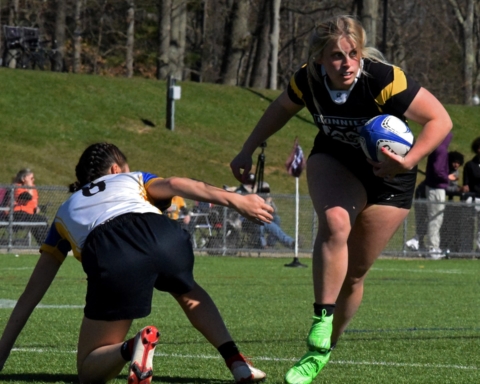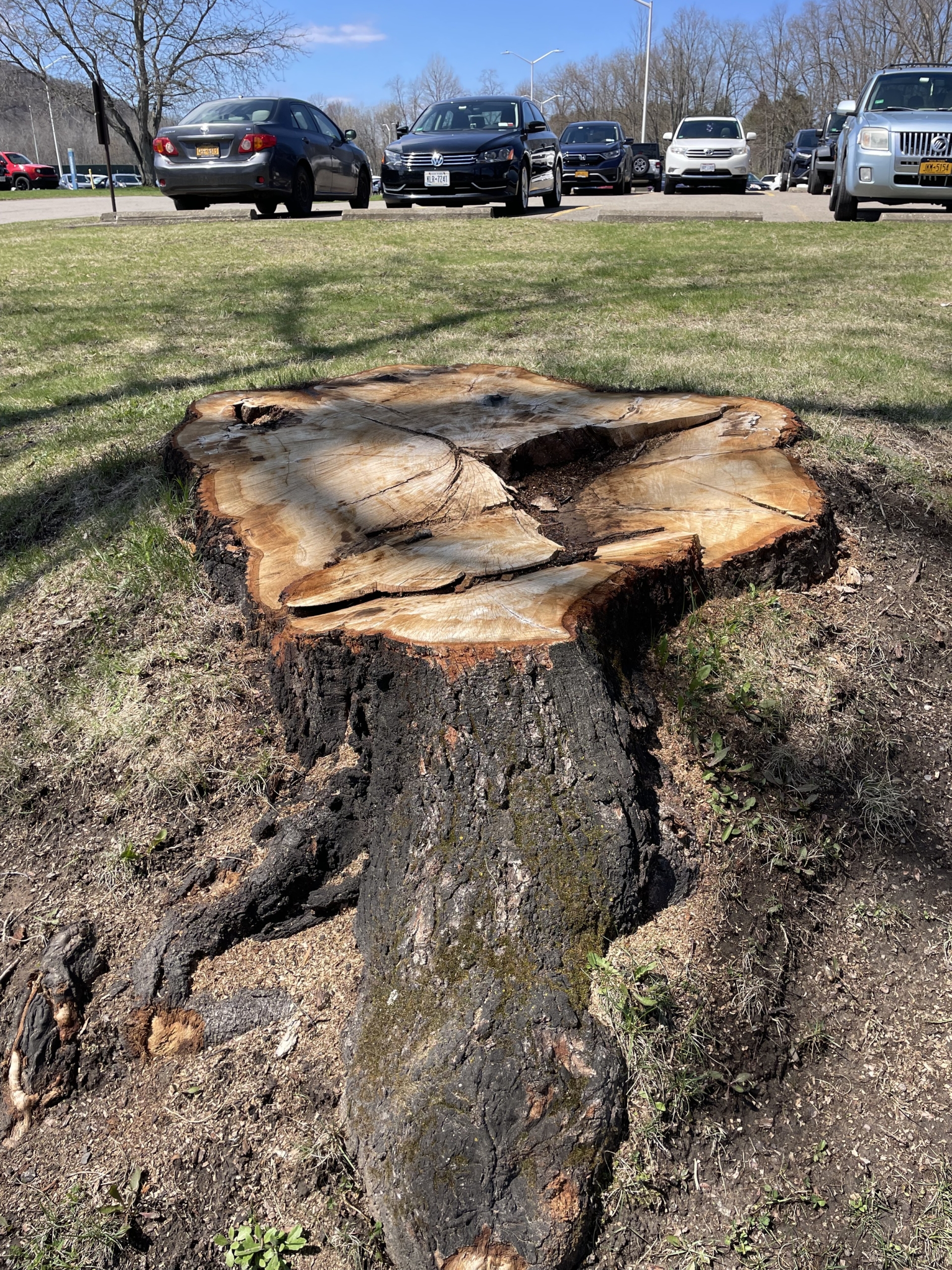Information about Suicide and Crisis Lifeline
Photo Courtesy of Del Rey Honeycutt and Noticeboard
BY: MORGAN KILGER, NEWS ASSIGNMENT EDITOR
Last week, Bonaventure received a grant from the U.S Department of Health and Human Services’ Substance Abuse and Mental Health Services Administration of $286,000 to address mental-health and substance-abuse issues on campus.
This is part of the Bonas HEALS [Helping, Educating, Advocating, Leading, and Supporting] initiative. The Bonas HEALS initiative was created by the Student Success and Retention committee to support students.
“It’s more holistic,” said Del Rey Honeycutt, associate dean for Student and Community Wellbeing. “We want to be more inclusive of the whole person and their wellbeing.
Notably, Empower, a club that focuses on sexual-violence and harassment awareness, is part of Bona’s HEALS for sexual violence and harassment on campus. The grant will help Bona’s HEALS by providing more services surrounding mental health and substance abuse.
A main part of the model Honeycutt and her team envision is about education of suicide prevention and mental-health awareness.
“The main goal with this grant is to get our community QPR [Question, Persuade, Refer] trained and able to help seek support for our students,” said Honeycutt.
The grant itself is meant to be expanded to more than the counseling services that are currently on campus. Honeycutt wants to move past the intervention model and towards more of an education model.
One of the aspects of Honeycutt’s model is to hire more staff in the counseling services, who will be QPR trained.
The trainings will also be available to Bonaventure staff and students, because peer counseling is a successful method in suicide prevention, according to Honeycutt. The training will be held twice a semester.
There will be a few new counselors hired this semester to bring new events on the focus of suicide prevention and substance abuse.
Another part of Honeycutt’s model is to bring peer counseling to the table. Since students are able to be trained in the QPR model, Honeycutt said she hopes this will promote peer counseling.
“Research shows that students are more willing to open up to their own peers than a stranger,” said Honeycutt.
A major focus group for these counseling sessions are students of color and military aligned students. These students are statistically less likely to reach out due to stigma around why they would have mental health issues, said Honeycutt.
A part of the model that is staying the same is the postvention plan. The postvention plan is 24-hour support for students or staff that are directly impacted by a loss. After the loss of Adam Dreismeir, a grad student who passed away last spring, the postevention plan was put into effect to support those who were impacted directly by his loss.
The final part of Honeycutt’s plan is to implement a mental-health screening service. At Bonaventure, athletes have to go through a mental health screening that indicates if they need to see a counselor or if they are able to play during their respective seasons. Honeycutt wants to make this screening available to all students, especially those who are considering reaching out to a counselor.
Overall, Honeycutt and her team want to enforce that everyone is in this together, and this is not a fight that anyone should have to face alone.
“It’s really about noticing people,” said Honeycutt. “And [it’s] about making sure people matter.”
Honeycutt is hoping to have her plan in effect by January 2024.
“This is an all of us problem,” said Honeycutt, “It’s not a counseling problem, it’s not a student problem: it’s all of us in this together.”
kilgermi22@bonaventure.edu





